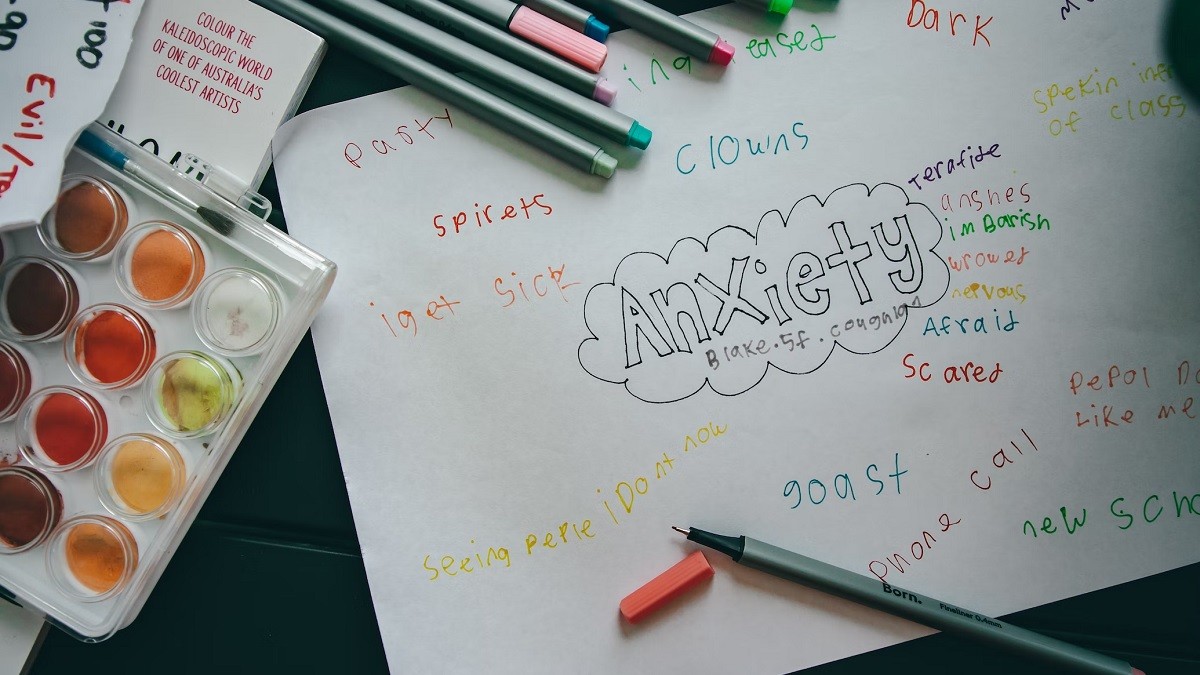Health
Kids 8 and up should be screened for anxiety, panel recommends [Video]

WHAT YOU NEED TO KNOW:
- Routine check-ups with pediatricians should include screening for anxiety and depression, the U.S. Preventive Services Task Force advised.
- The panel hopes to bring more awareness to mental health illnesses in young people to push for greater access to specialized care.
- Psychologists stressed the importance of identifying symptoms earlier in helping kids have better coping mechanisms as they grow up.
The U.S. Preventive Services Task Force urged pediatricians to include screening for anxiety and depression in routine check-ups.
The guidelines come amid increasing rates of anxiety and depression in young individuals. Even before the pandemic, about 1 in 5 teenagers had experienced an episode of major depression, according to a study released in February.
Task force member Lori Pbert, a clinical psychologist and behavioral scientist, stressed the importance of identifying mental health illnesses early. The panel recommends screening kids aged 8 and up for anxiety and kids aged 12 and up for depression, whether or not they show any signs or symptoms.
Pbert said, “We don’t want them struggling.”
The recommended screenings are not meant to lead to a diagnosis. They are only meant to identify those who may need specialized care and support. They are also not mandatory, but pediatricians often follow recommendations from the task force.
Child and adolescent psychologist Jenna Glover of Children’s Hospital Colorado lauded the recommendations as a “positive step forward.”
However, she pointed out that while pediatricians may be able to identify mental illnesses, there is usually limited availability for specialized care.
The task force hopes that the recommendations will “really bring awareness to the need for greater access to evidence-based mental health care for children and adolescents,” Pbert stated.
Pbert said that screening in primary care is important for identifying symptoms that kids and teens tend to keep to their themselves.
While a normal level of sadness or anxiety is common, true mental health problems can lead to excessive behavior changes and can even manifest into physical illness.
Some signs of anxiety or depression in kids can include refusing to socialize or attend school, a concerning increase in stomachaches or headaches, and persistent feelings of hopelessness.
For younger kids who may not always understand their emotions, standard questionnaires can be used for screening, such as the PHQ-9 questionnaire and the Screen for Child Anxiety Related Disorders.
The screening will help identify kids who are struggling with disruptive mental health issues that hinder them from daily activities such as attending school or social events.
Glover emphasized the importance of catching these symptoms early to prevent them from getting more severe “to the point of crisis.” Some could lead to “aggressive behavior or severe eating disorder,” or other extreme behavior that could lead to a medical emergency.
Being able to identify symptoms earlier can allow for treatment on an outpatient basis. Such treatments can include cognitive behavioral therapy, which teaches children ways of identifying their stressors and coping with them.
Source: NBC Health
